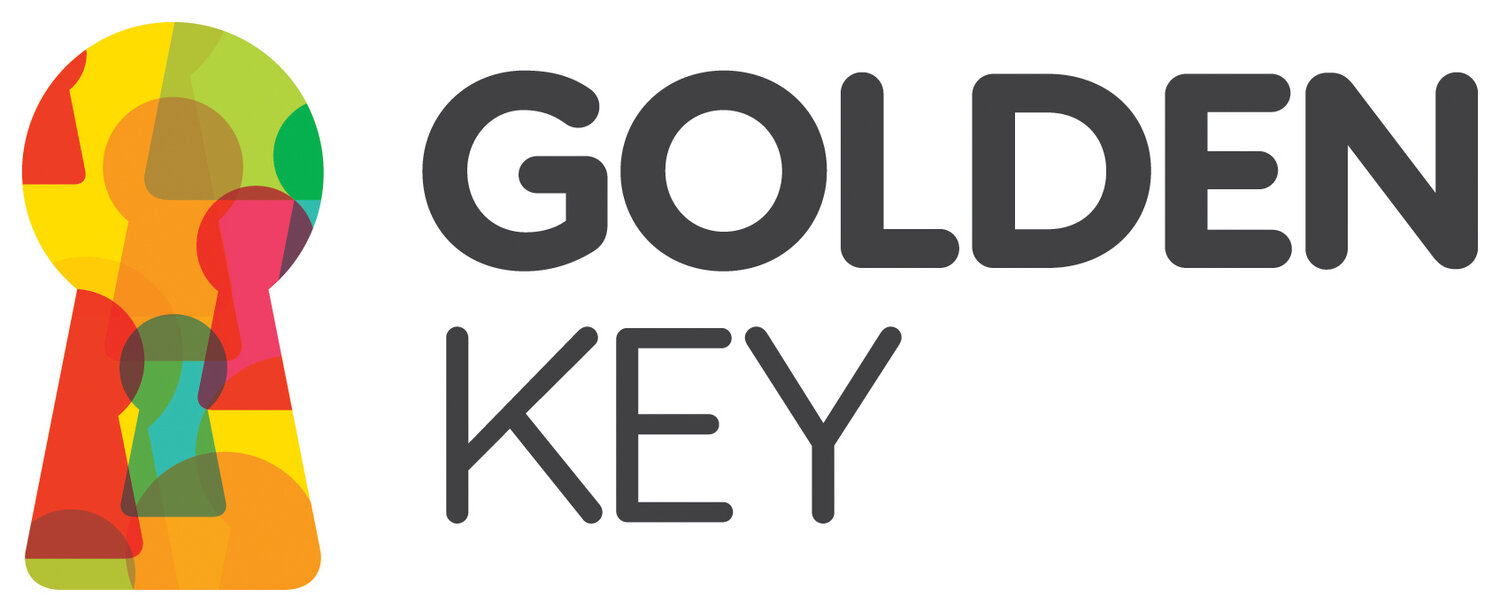SJ's COVID-19 diary: 110 days
One of our clients has kindly agreed to keep a diary during his COVID-19 confinement. This is his latest entry.
It has taken me 110 days to realise that I cannot exist in isolation. It has taken a pandemic for me to realise that I need to connect with people for my own recovery to continue.
In the first few weeks of lockdown I experienced relief and a surge of energy. No longer was I expending much needed energy and resources connecting with people and trying to navigate the outside world, which takes so much from me and can lead to crisis and exhaustion.
However, these last few weeks I have withdrawn and isolated myself further. This is partly due to fear and paranoia upon leaving the house and mostly due to my own mental health crisis.
There’s a sort of conflict: on the one hand we have an increased community spirit, but on the other, I think ‘lockdown rage’ and fatigue is a real thing. I’ve probably rarely felt as vulnerable as an LGBT+ person as I do now. I feel that when people are generally frustrated, angry and fearful, it can come back against minority groups. There exists a high protectionist instinct within a portion of society - think of the toilet roll fiasco and the general emptying of supermarket shelves at the beginning of the pandemic as a good example. At that point, there was no community spirit, it was fear that drove people to think of themselves first.
The initial benefits of connecting online have evaporated, leaving me anxious and full of self-doubt. I thought that being able to connect with people whilst being in my own home environment would make me feel more comfortable, yet my need to have my video camera off continually highlights my difference. I find I have to explain at every call that ‘no, I understand how to use video, it’s a choice’. My difficulties in making eye contact and feelings of intense unease at all those eyes staring out at me make it impossible for me to participate with camera on.
I’ve found that, at the groups I usually attend in person, the facilitators can encourage me and draw me out of myself when I am struggling to be present in the room. This is almost impossible online. I also struggle to know when to speak, mostly relying on an invitation to talk. I used to facilitate training sessions in person and really enjoyed it but the online experience is different. As I mentioned earlier, I can’t have my camera on and participants are, perhaps understandably, cautious about engaging with a facilitator that they cannot see. Consequently, I do not feel able to facilitate courses online, which is a shame because I don't know when face to face training will resume.
The easing of restrictions for some will have come as a welcome relief, particularly those in certain industries. But for me, it made me extremely anxious. For someone who can struggle daily anyway to leave their own house, this period of encouragement to stay at home has been easy to accept as a concept even if some of the consequences were difficult.
So what role can services play at this time? A lot of services are slowly thinking about how they can start to re-open small face-to-face groups and support. I think this is welcome. There are many out there who either haven’t had access to online support or are struggling with it. My message to services at this time would be that the struggles people experience with the lifting of restrictions and the resumption of some of these services will be as varied as any other challenge their service users face. Some will be relieved and over-joyed at a sense of normality returning and the ability to connect with others in person. Others will be scared about a potential second peak afraid to go out due to the risks of catching the virus. Some will be in a very different situation mentally and perhaps economically; they may have lost their job or their home, a relationship, or lost someone to coronavirus. Others, like me, will be struggling with the changes, the new rules, and a fear of leaving what has become a safety bubble. I fear the demand on services will increase but, I do hope that the community spirit that we have built during this period of time can be continued.
